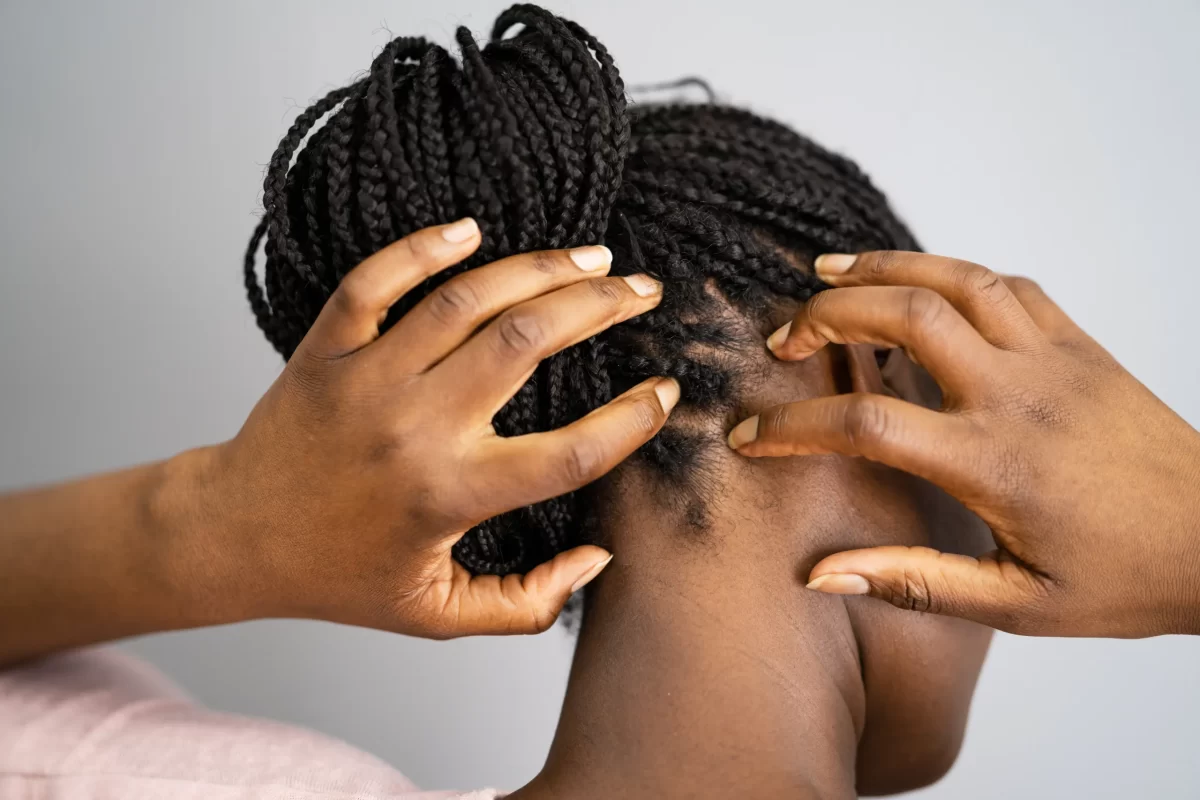Blog
Remedies to Get Rid of Dandruff
Dandruff is characterized by itchy, white flakes of skin on your scalp that may be uncomfortable.
Nearly 50% of the global population will experience dandruff at least once in their life.
It may be caused by multiple factors, including:
dry skin
seborrheic dermatitis
sensitivity to hair products
the growth of a Malassezia yeast, which is a type of fungus
Though there are plenty of over-the-counter (OTC) products designed to treat dandruff, these 10 simple home remedies may be just as effective.
- Tea tree oil
Historically, tea tree oil has been used to help treat skin conditions like acne and psoriasis.
It may also have antimicrobial and antifungal properties, which could help alleviate symptoms of dandruff.
One older review suggests that tea tree oil is effective at fighting Malazessia, which may cause both seborrheic dermatitis and dandruff.
Another study found that applying placental tissue soaked in tea tree oil to the skin was more effective than a prescription antifungal treatment for healing lesions caused by this fungus.
Despite these studies, more high quality research is needed to fully claim tea tree oil’s benefits.
Tea tree oil may also cause irritation in those with sensitive skin. Therefore, it’s best to dilute it by adding a few drops to a carrier oil such as jojoba or coconut oil before applying it directly to your skin.
- Coconut oil
Renowned for its multiple health benefits, coconut oil may be used as a natural remedy for dandruff.
Research suggests that it may improve skin hydration, prevent dryness, and decrease inflammation when applied as a moisturizer.
One older, 8-week study found that applying coconut oil to the skin reduced symptoms of atopic dermatitis by 68%.
In a 16-week study of 140 women, applying coconut oil to the scalp may have helped improve the scalp microbiome and certain markers of dandruff. However, further research is needed.
Coconut oil and its compounds have also been shown to have antimicrobial properties in some test-tube studies. That said, researchers have not yet examined the effects of the specific strain of fungus that causes dandruff.
- Aloe vera
Aloe vera is a succulent that’s often added to skin ointments, cosmetics, and lotions.
When applied to the skin, it may help treat skin conditions like burns, psoriasis, and cold sores.
An older review suggests that aloe vera’s antibacterial and antifungal properties may help protect against dandruff.
Similarly, test-tube studies suggest that aloe vera may be effective against several species of fungi and may help control certain fungal infections.
Other test-tube studies suggest that aloe vera may reduce inflammation, which could relieve dandruff symptoms.
Despite these promising results, additional studies are needed.
- Minimize stress levels
Stress is believed to affect many aspects of health and wellness, influencing everything from chronic conditions to mental health.
While stress itself doesn’t cause dandruff, it may worsen symptoms such as dryness and itching.
One older analysis suggests that long-term high stress levels may also alter or suppress your immune system’s activity. This may impair your body’s ability to fight off fungal infections and skin conditions that contribute to dandruff.

